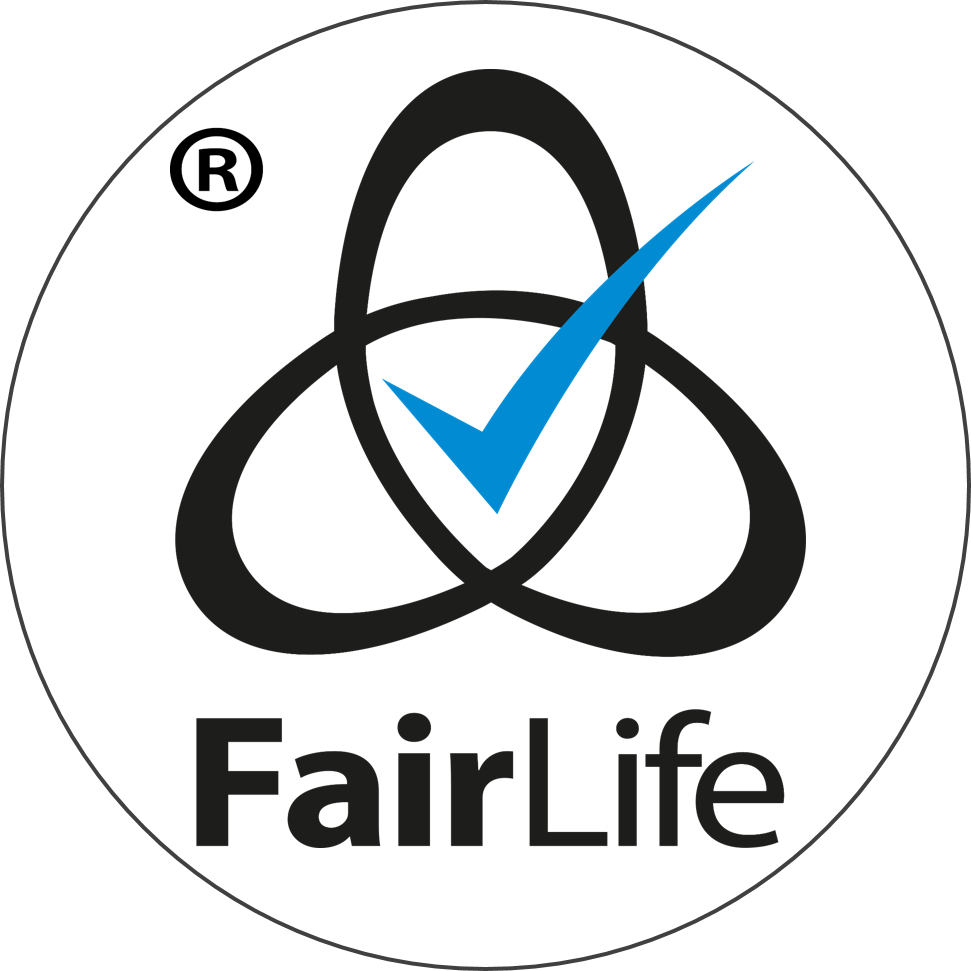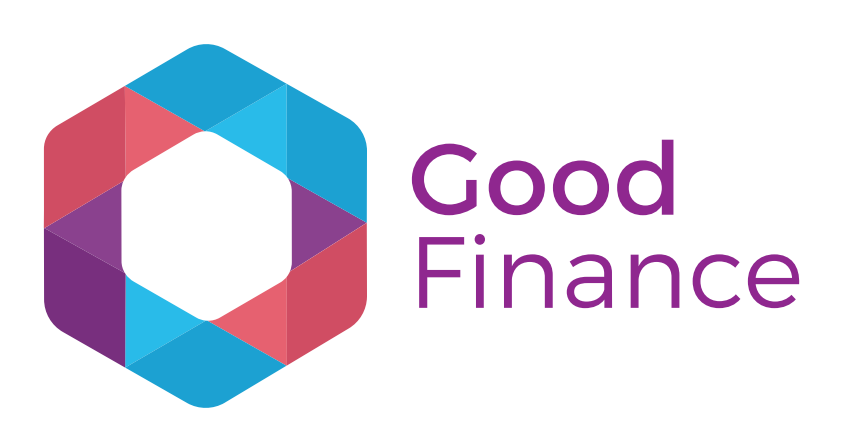
What is Ethical Banking and why does it matter?
What is Ethical Banking?
In the right hands, money can be a force for good in the world. How you choose your bank, whether for a Business or Charity Current Account or a Savings Account, can make a positive difference to both people and the planet. Unlike traditional banks, ethical banks are guided by principles or goals to improve the environment and society. This could be a bank that refuses to invest in the mining of fossil fuels, or one that provides loans to charities. There aren’t many completely ethical banks in the UK, and only a few offers Business & Charity Current Accounts. One of those is Reliance Bank – a truly authentic ethical bank – as it is the only bank which is owned by a charity and Christian church.
Ethical banking is becoming increasingly important as individuals, businesses, and charities seek financial institutions that align with their values. In the UK, ethical banks offer an alternative to traditional banking by focusing on positive social and environmental impact. In this article, we’ll explain what ethical banking is, why it’s important, and how choosing an ethical bank can help promote sustainable banking.
Why does Ethical Banking matter in the UK?
When you deposit money into your current account or savings account, it doesn’t just sit in a vault— it gets invested. The bank makes a profit by investing your money in businesses, or by giving loans to businesses and charities. When you choose a bank specifically on its ethics, you’re having a say in what your money helps to fund.
If ethical principles are important to you, it’s worth taking the time to research a bank’s investments and ethos to ensure you’re happy with how your money is being used.
Ask yourself the following questions:
- What do you know about your bank?
- Who does it lend to?
- Does it finance fossil fuels or invest in weapons?
- Does it support ethical business practices?
Reliance Bank was founded as the bank for The Salvation Army in 1890, by Catherine and William Booth who founded The Salvation Army.
Key principles that guide Ethical Banking
Ethical banks often follow the following principles:
- Transparency – Ethical banks are more open about the areas they invest in and their internal business practices
- Avoiding investing in particular industries – Ethical banks will actively avoid investing in certain industries they consider particularly harmful. These include mining fossil fuels, weapons dealing, gambling websites and animal testing.
- Actively investing in the local community or third sector.
- Ethical business practices – Being climate-focused as well as people-focused, for example, operating a paperless business, and paying all their staff a real living wage.
From day one, Reliance Bank has been delivering positive societal outcomes aligned to the mission of The Salvation Army. For that reason, Reliance Bank has chosen to follow the ethical position of its founding shareholder, The Salvation Army. Therefore, Reliance Bank does not conduct business with sectors and activities that have a negative impact on people, the planet or have negative ethics.
What policies do Ethical Banks follow?
Most Ethical banks align their policies to a set of principles or goals to improve the environment and society. These policies aim to measure a business’s impact on society, the environment, and how transparent and accountable it is. The measures are frequently referred to as Environmental, Social and Governance (ESG).
Ethical banks publish a Social Import report each year that shows how successful they have been against a set of standards that measure positive social impact for example how many people their funding has helped to reduce hunger or poverty for.
Reliance Bank aligns its lending policies to the United Nations’ Sustainable Development Goals – a blueprint to help reduce poverty, protect the planet’s future and improve lives. In 2024, Reliance Bank’s funding helped:
- 2,900 people with community centres and facilities.
- Reduce hunger for 2,100 people.
- Reduce poverty for 545 people.
- 443 people receive personal learning and development opportunities.
We call it: Giving money meaning.
Read our most recent Social Impact Report – Social Impact Report 2024
How do Ethical Banks make investment decisions that are aligned with their ethical values?
Ethical banks avoid investing in particular industries that include:
- Mining fossil fuels
- Weapons dealing
- Gambling websites
- Animal testing
Reliance Bank uses a positive approach guided by what it wants to do and the impact it wants to have. The customer exclusions below follow on from this positive approach, clearly outlining sectors and activities which do not fit with our values:
- Negative impact on people: alcohol, gambling, pornography, tobacco, weapons, conflict minerals, human rights failures and lack of labour rights
- Negative impact on the planet: animal testing, factory farming / fisheries, fur and specialty leather, deforestation, fossil fuel energy, genetic engineering, hazardous substances and mining
- Negative ethics: poor accounting practices, corruption, tax evasion or violation of laws, codes and conventions.
Ethical banks can actively invest in the local community or third sector, but not all Ethical banks do this.
Reliance Bank has invested in the community in the form of lending to social impact sectors. Over 90% of new lending in the year 2023/2024 was in social impact sectors, which represents 70% of the total Commercial portfolio. In 2024, Reliance Bank’s funding helped:
- 2,900 people with community centres and facilities.
- Reduce hunger for 2,100 people.
- Reduce poverty for 545 people.
- 443 people receive personal learning and development opportunities.
Why choose an Ethical Bank?
If you act on behalf of a business or a church or charity that receives money in the form of donations from church members or club subscriptions, you could take steps to ensure that this money is acting for good and not for harm.
Reliance Bank are proud of its shareholder, The Salvation Army International Company (SAITCo) and its work as a Christian Charity, helping people whose lives have been affected by emergencies, disasters, poverty and social inequality. Our customers choose to bank with us because of this history and the fact that they can support The Salvation Army by choosing to put their deposits with Reliance Bank. We call it Giving Money Meaning.
Click on the link below to read more about our Business & Charity Current Account:
Business & Charity Current Account
Visit our website for more details about our Business & Charity Current Account:
Charity and Business Current Account – Reliance Bank
How to switch to an Ethical Bank?
Switching to an ethical bank is easy. In the UK, most banks are part of the Current Account Switch Service (CASS) including us, which makes switching accounts easier for customers.
If you’re considering switching to Reliance Bank, we’re here to help every step of the way.
To arrange a short meeting, either in person or over the phone, email businessaccounts@reliancebankltd.com with a few preferred dates and times, and we’ll take care of the rest.






